Earth
-
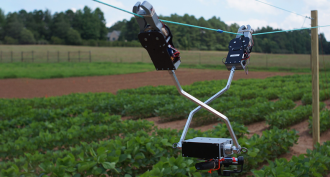 Tech
TechTarzan the robot was actually inspired by a sloth
‘Tarzan’ the robot saves energy by swinging. Someday, it could help with farm work by moving along wires strung across fields of crops.
By Ilima Loomis -
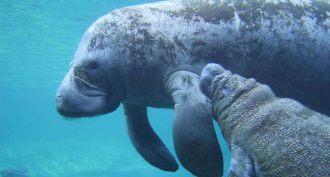 Life
LifeA ‘ghost’ gene leaves sea mammals vulnerable to some toxic chemicals
Manatees, dolphins and other warm-blooded marine animals can't break down some common pesticides. The newfound reason: Long ago, their genes lost the ability to do so.
-
 Earth
EarthScientists Say: Stalactite and stalagmite
Stalactites are mineral deposits forms on the ceilings of caves. Stalagmites are also mineral deposits, but they form on the floor of the cave.
-
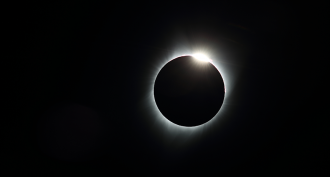 Climate
ClimateWhen the moon throws shade, the weather can change
Scientists have been puzzled about how a solar eclipse can impact weather. Here’s some of what they learned during the August 2017 event.
-
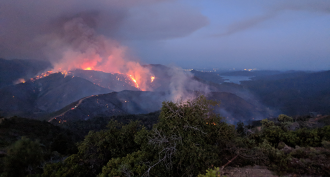 Environment
EnvironmentWildfires worsen extreme air pollution in U.S. northwest
America’s air is getting cleaner — except in places prone to frequent wildfires.
-
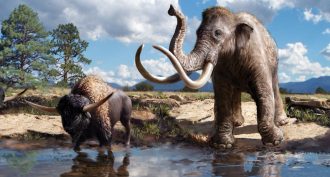 Earth
EarthAn ancient cold snap causes heated debate
Despite criticism from fellow scientists, some researchers won’t let go of the idea that a comet caused a prehistoric cold snap.
-
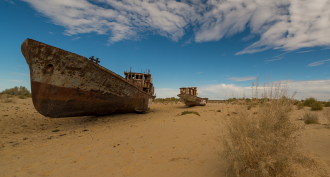 Environment
EnvironmentPeople are changing which parts of Earth get more (or less) water
Human activities have been reshaping the planet’s water map. Some changes created new lakes. Others caused lakes to disappear.
By Sid Perkins -
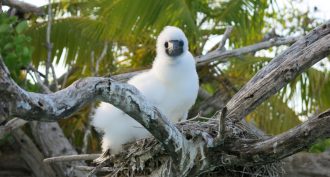 Ecosystems
EcosystemsBird poop helps keep coral reefs healthy, but rats are interfering
Eradicating invasive rats from islands may help boost numbers of seabirds. The birds’ droppings provide nutrients to nearby coral reefs.
-
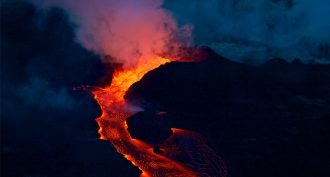 Earth
EarthKilauea’s volcanic fireworks show no signs of stopping
Watch some of the most striking videos and images of the ongoing eruption’s strange, fiery beauty.
-
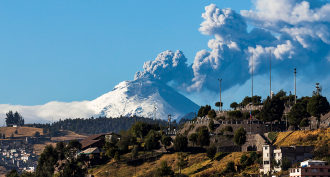 Earth
EarthAfter erupting, one volcano sings a unique ‘song’
After a strong eruption in 2015, one Ecuadoran volcano “rang like a bell.”
-
 Earth
EarthScientists Say: Upwelling
This is a process in which a substance rises and spreads out over something else. Upwelling happens in the ocean, inside the Earth and even in a planet’s atmosphere.
-
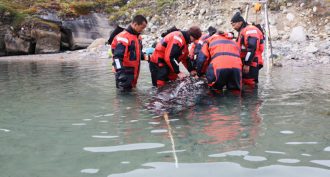 Animals
AnimalsHere’s what narwhals sound like underwater
Scientists eavesdropped while narwhals clicked and buzzed. The work could help pinpoint how the whales may react to more human noise in the Arctic.